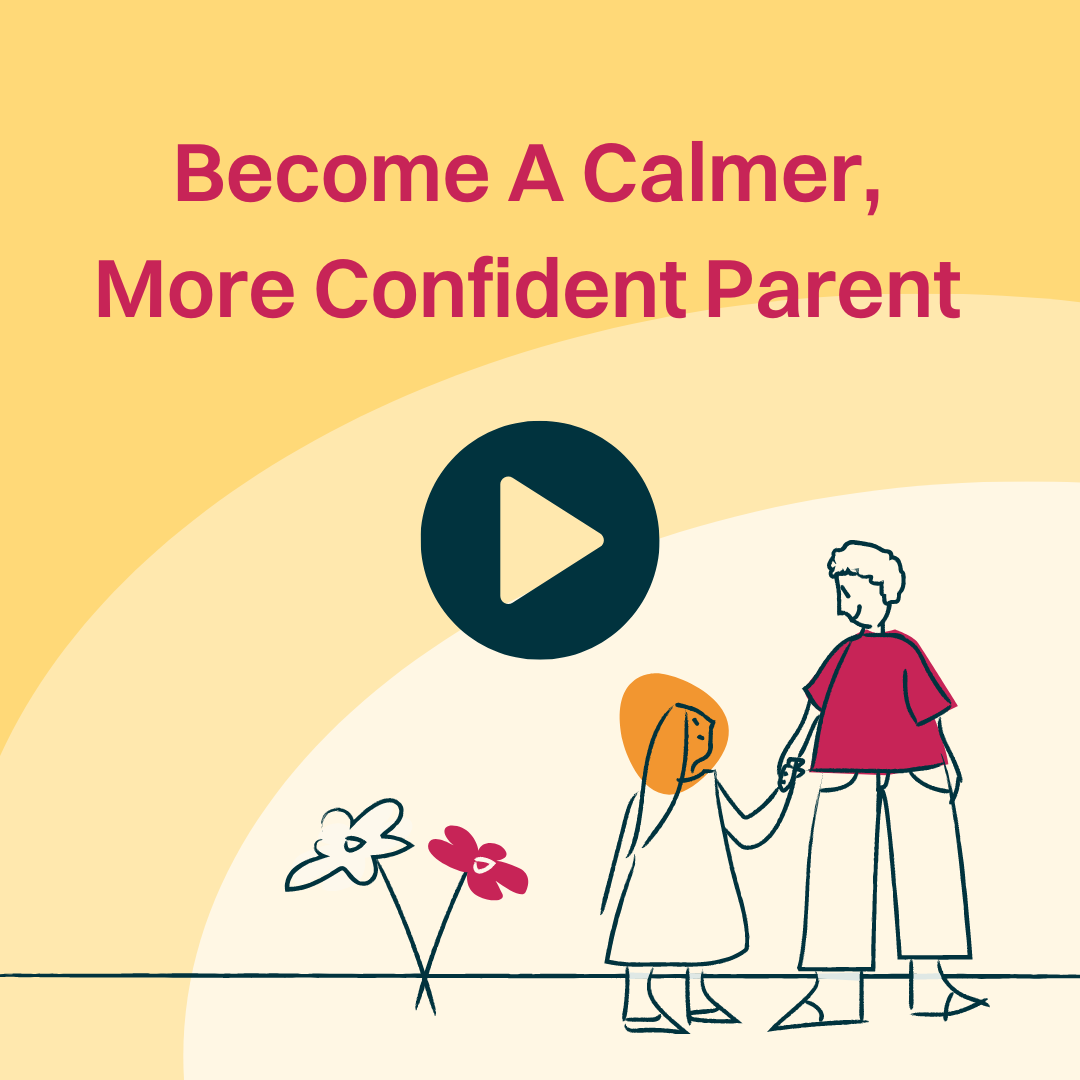Nine-year-old Emma is refusing to go to school for the third time this week. Her mother has an important meeting at work and no childcare… she is torn between insisting Emma goes to school and letting her stay at home. School will lead to an inevitable, painful battle; staying home will affect her academic performance. But on top of that, her mother has a sinking feeling that things are just not right – she worries about Emma and is not sure what’s going on. At times she feels guilty and helpless, and blames herself – feeling that she may have contributed to the situation and that it’s kinder, and simply easier, to let her stay at home.
Having to drag your reluctant child off to school is very stressful for everyone involved. Between 1% and 5% of children experience serious school anxiety at some point. Helping them to get back to school promptly is important. It used to be called ‘school refusal’ but this made it sound like the child was just being difficult or disobedient, where in fact they were feeling overwhelmed and anxious. If they don’t go, nowadays it is usually called 'emotionally based school avoidance' (EBSA) or 'school anxiety'.
The anxiety may be due to a number of reasons, such as being bullied at school, social anxiety about what others will think of them, academic struggles with fear of failure, wanting to stay close to the parent, or other family issues.
For over a month Emma had been occasionally saying she has a tummy ache before school, although she didn’t seem unwell. But she remained at home on quite a few occasions. Her GP thought she seemed well and wondered if she was anxious about something. Her mother feels she is a sensitive child and a big worrier. As she hates to see her upset, she started letting her stay at home to catch up with herself, as school appeared quite stressful for her.
On the occasions she didn’t go in, her mother had told school she was unwell. But Emma was getting more resistant, and her mother was beginning to annoy colleagues because she had to work from home. She was also frustrated that Emma wouldn’t say what the problem was, although she suspected it was to do with her friendship group excluding her. Emma said she didn’t want the teacher involved. Her Mother was getting worried but didn’t want to force her to go to school. And at other times she was getting cross that she was being so difficult.
Most children feel worried and anxious some of the time, but things are not right if your child is experiencing unmanageable amounts of anxiety and feeling stuck, and particularly if it's affecting their daily life and limiting what they are able to do.

School anxiety is not a trivial thing. Anxiety can set off the fight, flight, freeze response. If your child gets really anxious it can lead to the release of floods of stress hormones, which in turn can make them tremble, feel sick or freeze; it can also alter how your child thinks (becoming more self-critical, saying things like “I’m hopeless”, “I don’t fit in” and “I have no friends”). That in turn can lead to changes in behaviour, such as hiding away, withdrawing, or staying at home, whatever the reason.
So what can be done? Here are 8 ways to support a child with school anxiety:
1. Try to find the underlying cause
It is important to gently try and find out why your child is finding it so difficult to go to school. This could be for any number of reasons. Unfortunately, just directly asking what the problem is may not get much of an answer. They may not know themselves or find it hard to explain. Listening quietly and helping them talk about their fears and concerns is an important start.
Be calm and curious. Avoid jumping to conclusions. Perhaps as in Emma’s situation she has fallen out with her friends, maybe the playground is too noisy, or there is some separation anxiety. Fear of failure is also a common trigger or, as mum suspected, maybe she is being bullied.
Give them space, be sympathetic and help them understand that it is the anxiety making it hard for them to go to school. Listen to their concerns and validate their feelings; Don’t just assume you know what the problem is. The more they feel that you understand and are not being judgemental, the better the lines of communication and ability to work together will be.
2. Collaborate with school
Arrange a meeting at school with their teacher, and perhaps their school counsellor to find out what is happening in school, and to work together to find the right support and agree a plan to gradually help get back to full time school, according to their needs. This might mean modified schedules, coming in part time and steadily building up attendance.
3. Deal with underlying issues
This might involve addressing learning difficulties or dealing with bullying for example.
4. Plan a gradual return
The longer the child is at home, the harder to get back to school. A graduated return in a controlled manner helps them settle, starting with short visits or activities they enjoy, allowing them a graded return without feeling too overwhelmed. You may need to be firm to enforce this - if you help your child get over the initial hump of anxiety (once dealing with the main problem at school is in hand) they will then learn that the reality of being at school isn't so bad.
5. Be positive and encouraging
Notice and praise any effort by your child to increase attendance. Also acknowledge small improvements in other areas to boost confidence.
6. Create a supportive routine
This provides a sense of security within set boundaries. Providing a predictable and comforting routine is helpful at home and at school. Having regular meal and bedtimes will also help. Spend time together doing nice things after school if you can.
7. Teach coping strategies
Regular relaxation, breathing exercises or mindfulness practice can help reduce anxiety, as do activities like exercising and finding hobbies.
8. Stay super calm yourself
Many parents of anxious children can be anxious themselves. Children are brilliant at detecting worry in their parents - it is infectious! And worsens the problem many times. So take a deep breath yourself, use a steady quiet voice and reassure your child that you have matters in hand.
With time and encouragement, and in collaboration with the child, teachers, counsellors or other professionals - with support and consistency - children like Emma do well and get back to school.





